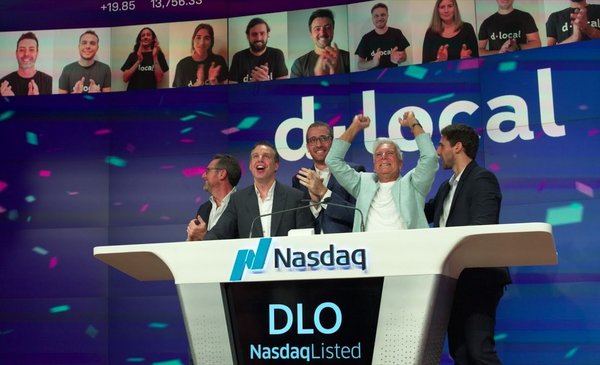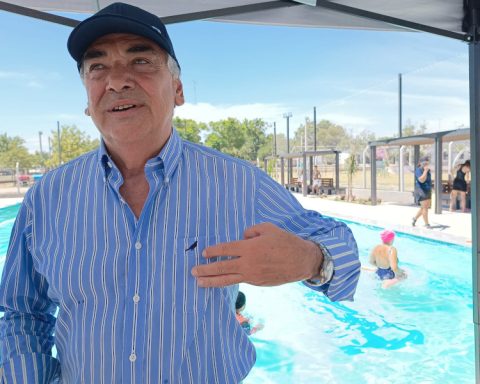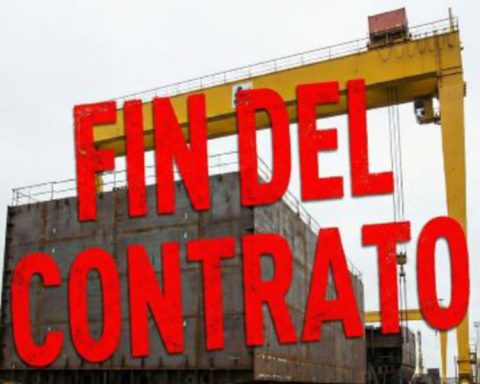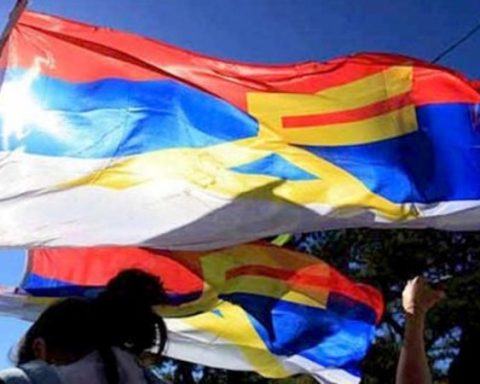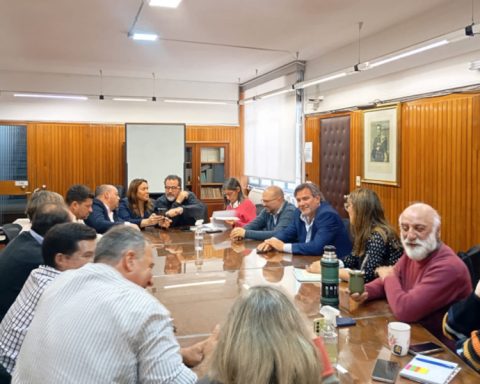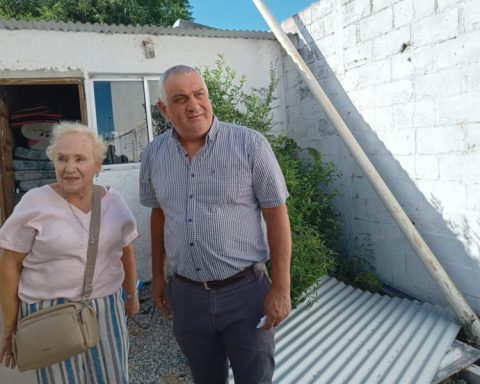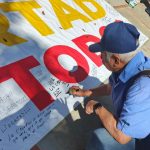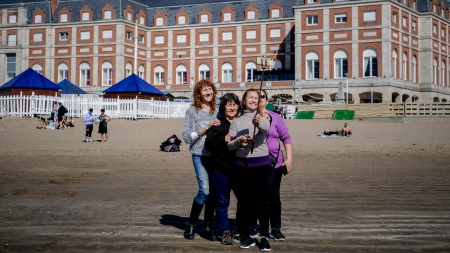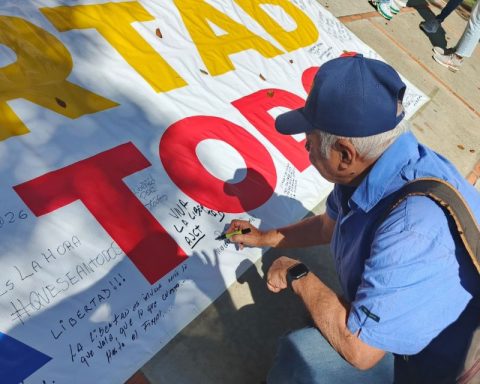The accusations against dLocal spread like wildfire in the markets, and the titles sank 51% on the New York Stock Exchange. The payment solutions company lost $3.3 billion in market capital in near record time.
Thus the first Uruguayan unicorn became the target of funds specialized in taking bearish positions within companies they consider overvalued. This speculative practice consists of “borrowing” a title from a broker for a certain period of time and immediately selling it, anticipating a drop in its price. At a later date, the same assets are repurchased, but cheaper, and a profit is made on the impairment.
Reports like the one released this week are generally looking for stocks to fall. The greater the decline, the more money the short position earns.. This is not the first time this has happened and in the world of finance there are plenty of examples where the publication of a negative report was enough to destroy millions of a company in a few hours. What follows is a survey carried out by The Observer.
Frauds and “inflated” profits
In mid-July, the firm led by Block stated that the energy company Hannon Armstrong Sustainable “inflated its earnings and cash flow”, reported the Reuters agency. The firm dedicated to investing in wind and solar projects denied the accusations, saying it was trying to mislead the market, but its shares still fell 20% that day.
In August 2019 another report from the hedge fund (hedge fund) made shares of risk management and litigation firm Burford Capital fell in one day up to 50% on the London Stock Exchange. This after accusing her of accounting fraud.
The company was described as a “poor man disguised as great” and it was pointed out as a firm that “courted investors” with “nonsense” and “manipulated” figures, according to what the specialized site Expansión published. His stocks regained ground some time later, after Burford said that Block’s insolvency claim was “completely without foundation.”
EFE
Zero Vehicles
The company specialized in forensic financial investigation Hindenburg Research, accused in 2020 to Nikola Motor Company, an electric vehicle start-up. The complaint pointed out that the success of the company was based on a “complex fraud”. That caused the value of its shares to plummet 40% in three days, just at a time when it seemed to be taking off after an alliance with the manufacturer General Motors. This case ended with the departure of one of the company’s founders.
Another of its victims was the manufacturer of electric vehicles Lordstown Motors, whom in 2021 he accused of lying about his sales and the development of his first model. That same year Hindenburg Research took short positions in the US company DraftKingsa digital sports entertainment and gaming company, which he questioned about its promotional spend and future potential, after comparing its valuation with other rivals.
Technology, health and pharmaceuticals
In addition, Hindenburg Research was behind the collapse of stocks in December last year. technoglass, which reached 43% in one day. The fall of this Colombian company —today with a market capitalization of US$ 1.4 billion— occurred shortly after its second bell on the Nasdaq, and responded to reasons unrelated to the financial and operational performance of the company, reported the newspaper La República de That country. The media attributed the move to the publication of a report with “accounting irregularities.”
In December 2019, Muddy Waters sent the value of NMC Health down sharply, a United Arab Emirates hospital chain listed on London’s Ftse 100 index. The hedge fund it raised “serious doubts” about the balance sheets, and the titles fell up to 25%, with which their market value lost some US$ 1,300 million.
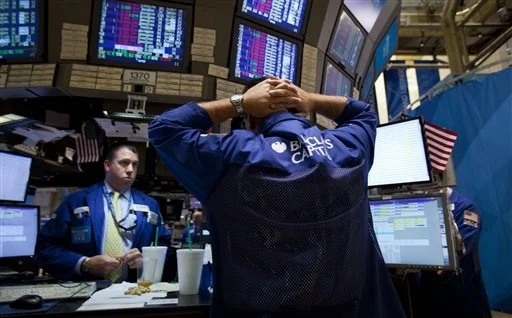
Further back in time, in October 2015 the shares of Valeant Pharmaceuticals fell 40% in one day. the signature Citron Researchanother influential short seller, accused her of inflating her sales, according to El Economista de México.
A large lines Citron argued that the drugmaker had undisclosed links to specialty pharmacies. That helped the company create “phantom sales” of its products that were delivered to the distribution channel at a higher rate than sales demanded. The allegation was denied by Valeant.
Spanish “pearl”
In 2014 the Spanish technology company Gowex was accused by the hedge fund Gotham City Research of accounting fraud. Among other points, he warned that 90% of the declared income did not exist and that its actual turnover did not exceed €10 million per year. This led to the company considered as a “pearl of the market” losing 60% of its value in two days – some US$ 1,100 million. In this case, the investigations and legal proceedings ended years later in a voluntary bankruptcy, according to Spanish media reports.
They also highlight other cases of companies that were targeted by negative reports by Muddy Waters. For example, the Chinese Sino-Forest Corporation in 2011, whose shares fell 67% on the Toronto Stock Exchange before its listing was suspended. The group was accused of exaggerating the size of its income and forestry assets.
And Asian giant Noble Group lost as much as 9% after it was flagged in 2015 as a firm that “appeared to exist solely to borrow and burn cash,” BBC News reported. Earlier it had lost another 30% per reports from Iceberg Research.
On the list are more cases such as NQ Mobile Inc., Olam International and Groupe Casino Guichard – Perrachon, among others, which also received indictments in the early 2010s.
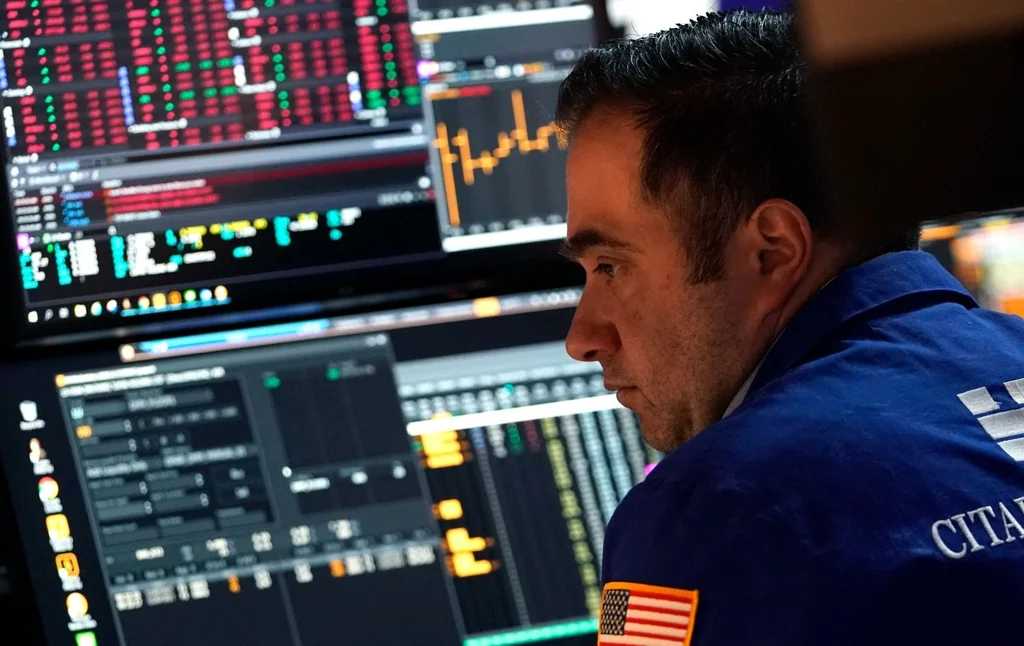
TIMOTHY A. CLARY / AFP
